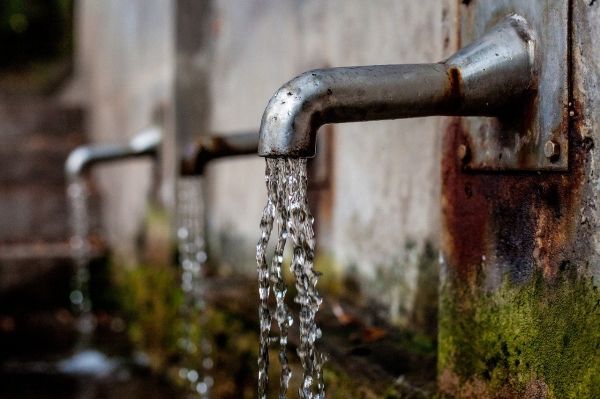Sometimes toxins, such as hazardous wastes and industrial byproducts, seep into groundwater, the source of our drinking water. One such pollutant is perchlorate, a chemical compound used in rocket fuels, fireworks, fertilizers and other materials. The compound is thought to contribute to health issues in humans such as hypothyroidism, the decreased production of hormones from the thyroid gland, which can impact development.
In a new study published May 25, 2020, in the journal Nature Structural & Molecular Biology, researchers at Johns Hopkins Medicine, Vanderbilt University and the University of California, Irvine, report on the mechanism that perchlorate uses to impact and damage normal functioning of the thyroid gland.
The findings, they say, suggest that an acceptable safe concentration of perchlorate in drinking water is 10 times less than previously thought.
The researchers focused on how perchlorate blocks a main route by which iodide, the negatively charged form of the element iodine, enters thyroid cells. Iodide helps the thyroid make hormones that are essential to the body’s regulation of metabolism, temperature and other important functions.
Read more at Johns Hopkins Medicine
Photo Credit: 3345408 via Pixabay


